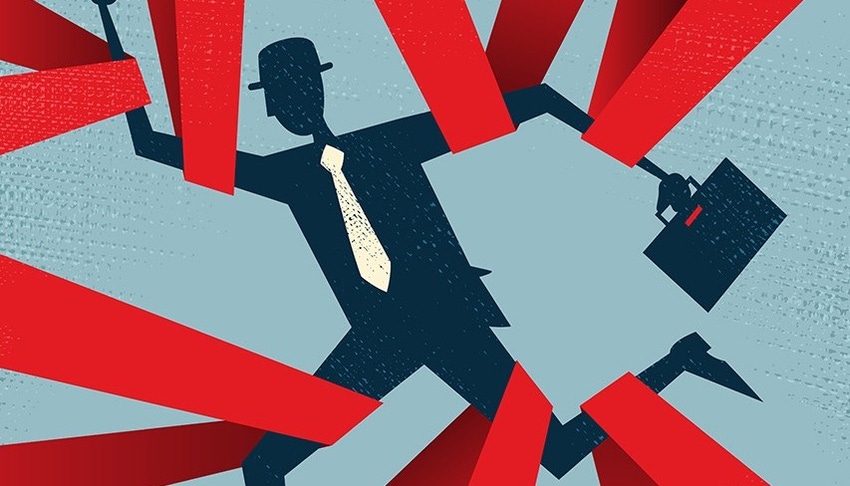A coalition of UK media and telco businesses have written a letter demanding the UK government introduce an independent regulatory oversight of the content carried over social networks.
September 3, 2018

A coalition of UK media and telco businesses have written a letter demanding the UK government introduce an independent regulatory oversight of the content carried over social networks.
In the letter written to the Sunday Telegraph, the BBC, Sky, ITV, Channel 4, BT and TalkTalk have attacked unregulated tech giants Facebook, Google and Twitter, suggesting the creation of a new watchdog with the purpose of tackling the increasing presence of abuse and misinformation online is the way forward.
“We do not think it is realistic or appropriate to expect internet and social media companies to make all the judgment calls about what content is and is not acceptable, without any independent oversight,” the letter states. “There is an urgent need for independent scrutiny of the decisions taken, and greater transparency.
“This is not about censoring the internet: it is about making the most popular internet platforms safer, by ensuring there is accountability and transparency over the decisions these private companies are already taking.”
Pressure to more closely regulate the newcomers to the communications game is hardly a new phenomenon; the heavily regulated telco industry has been trying to level the playing fields for years. With the introduction of social media platforms such as Facebook or video content sites like YouTube, stress has been placed on the more traditional communications companies. Whether it is being forced to innovate or having core revenue streams destroyed, digital transformation is much more than an industry buzzword, it is a necessity for survival.
Unfortunately for the telcos, they are largely playing to different rules when it comes to how personal data can be used to deliver these services, while also being held accountable for the vast expense of deploying the all-important communications infrastructure. Any opportunity to have a dig at the digital new-boys will be taken, and this is what this letter seems to be.
This is of course a political pain-point for the social media players right now, and the traditional players are taking full advantage of the situation to rain down some red tape. Governments around the world are grappling with the difficulties of how to govern social media platforms, protecting users from abuse while also maintaining free speech. While there are some very obvious examples of what shouldn’t be allowed, the majority of the time judgement on what posts are acceptable and which are not is a hazy line.
In truth, the social media giants have created the problem for themselves. For years, they positioned themselves as curators of content, not owning or taking responsibility for it, but by creating successful algorithms to personalize feeds and suggested content, they have demonstrated an exceptional ability to influence and control content. Some might ask if they can figure out when the best time to position adverts for car insurance or specific holiday add ons is, why can they not tackle the rising tide of abuse and misinformation?
The answer probably lies in the middle of it being incredibly difficult and contentious, and it is more convenient (financial rewarding) to focus on honing the effectiveness of advertising platforms. Work is being done to try and curb the negative impacts of social media, though whether this is enough to convince the government the segment is capable of self-regulation is suspect.
Boresome bureaucrats never usually need a reason to throw around the red tape, though pressure from the telco lobby might just fuel the anti-social media rhetoric which is currently echoing around the Houses of Parliament.
About the Author(s)
You May Also Like








.png?width=300&auto=webp&quality=80&disable=upscale)


_1.jpg?width=300&auto=webp&quality=80&disable=upscale)


.png?width=800&auto=webp&quality=80&disable=upscale)